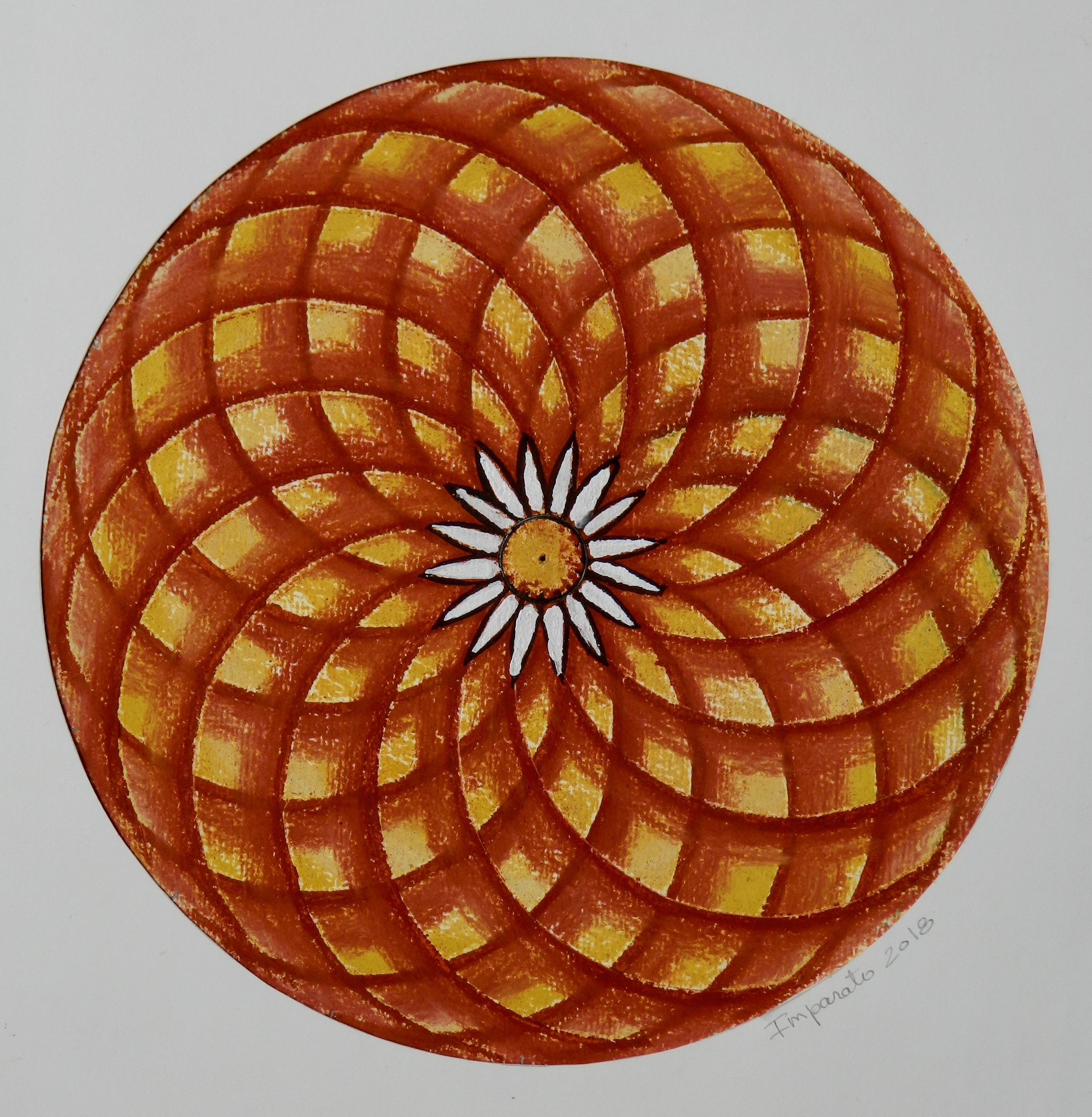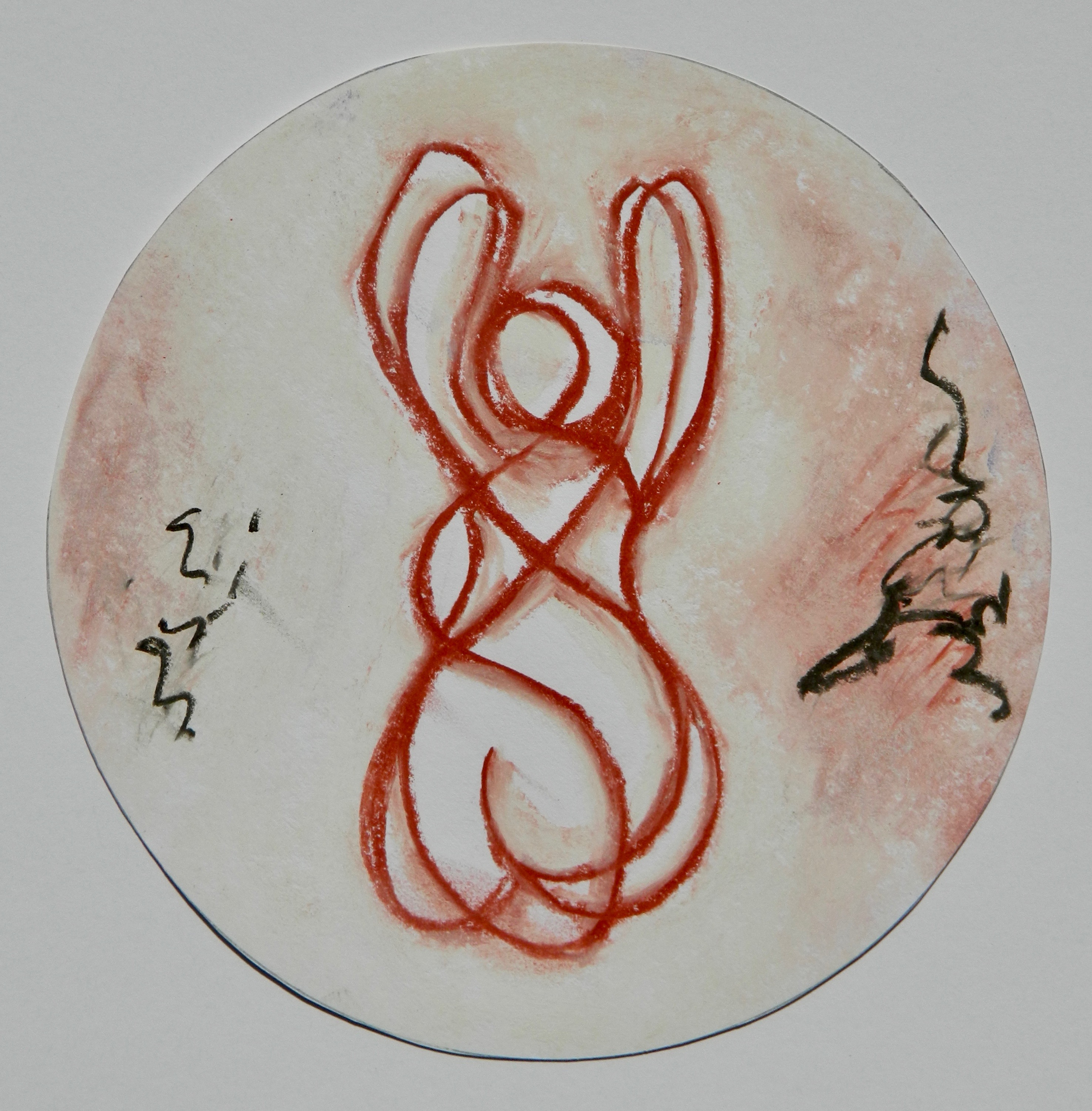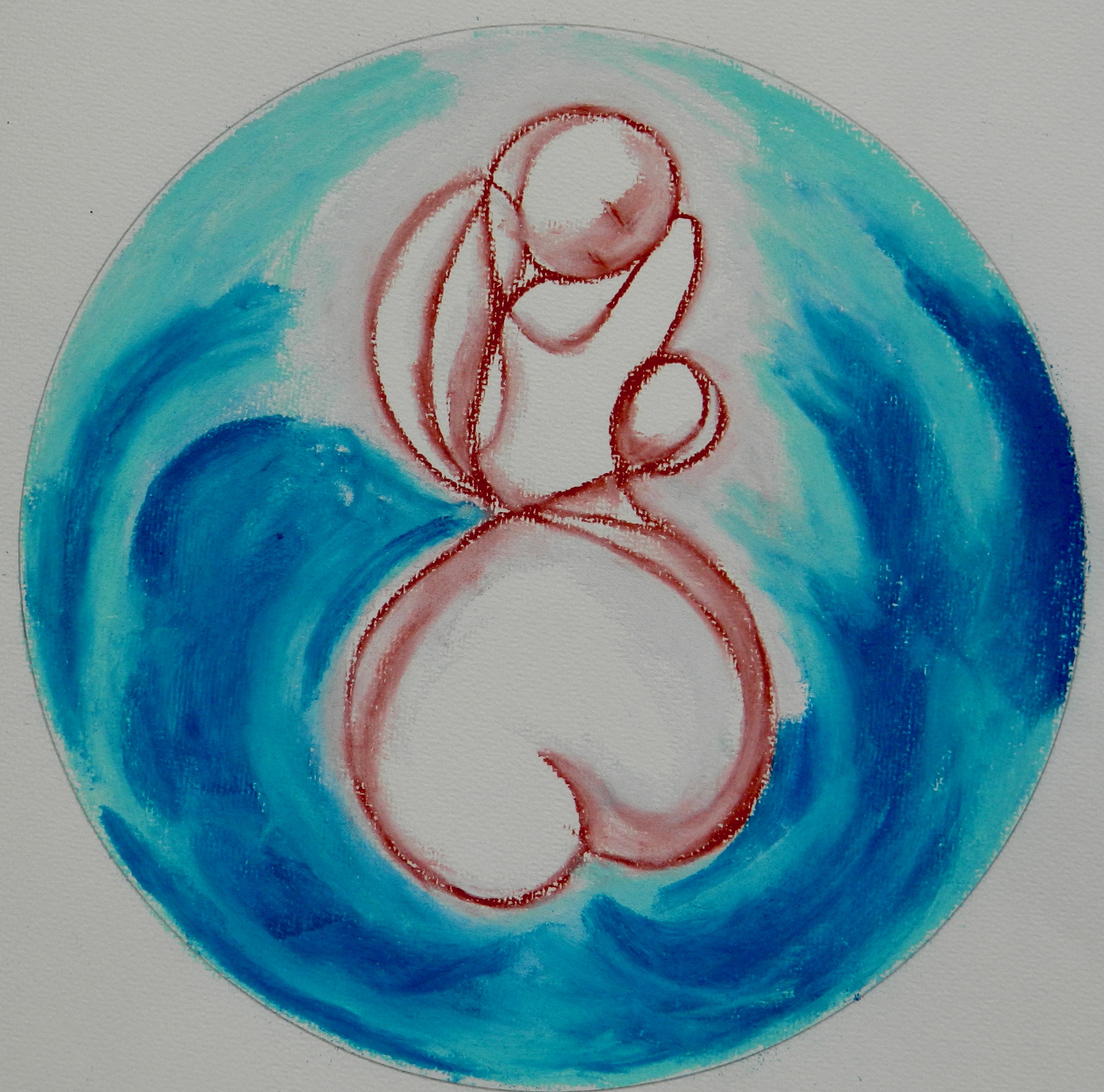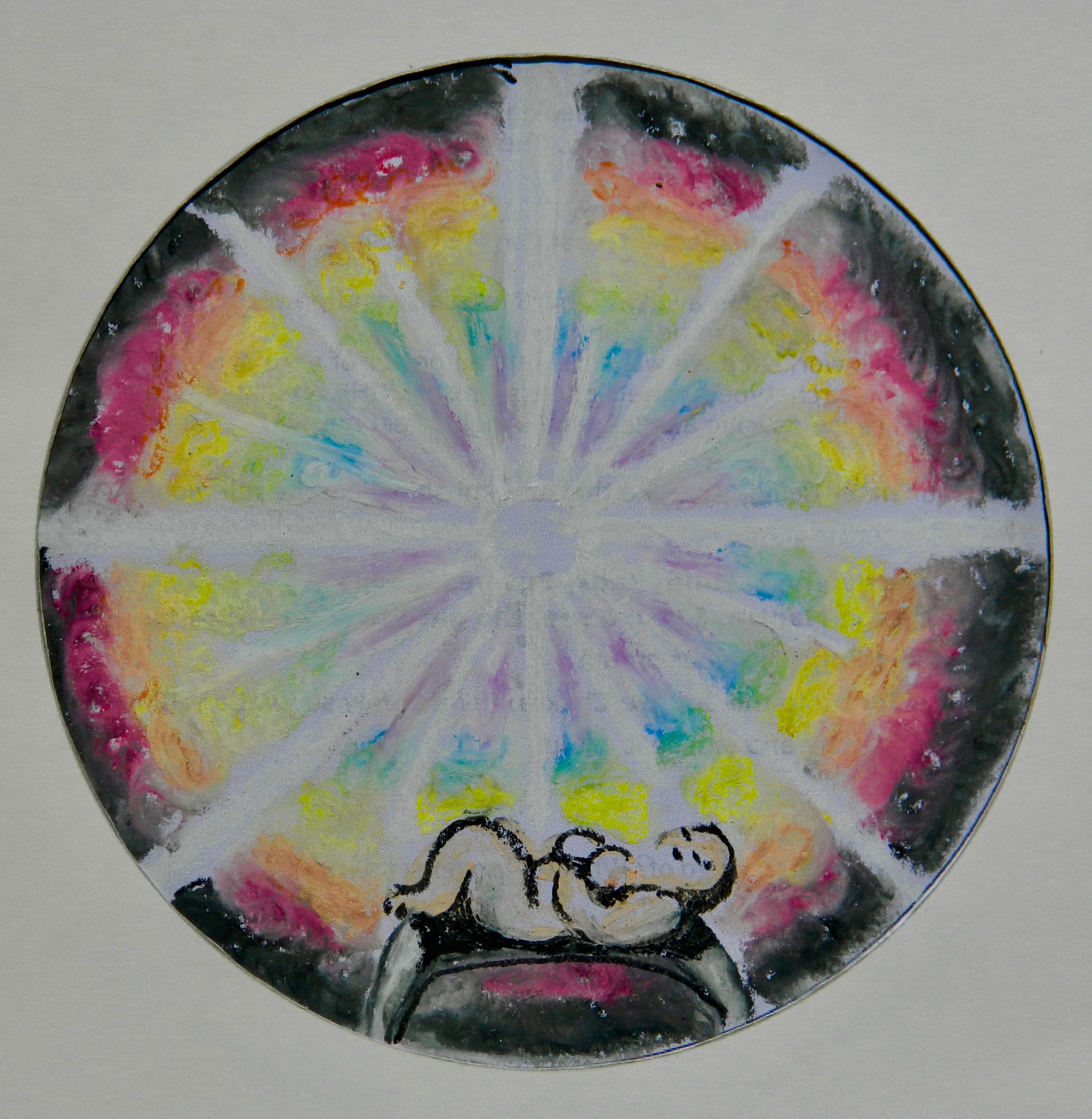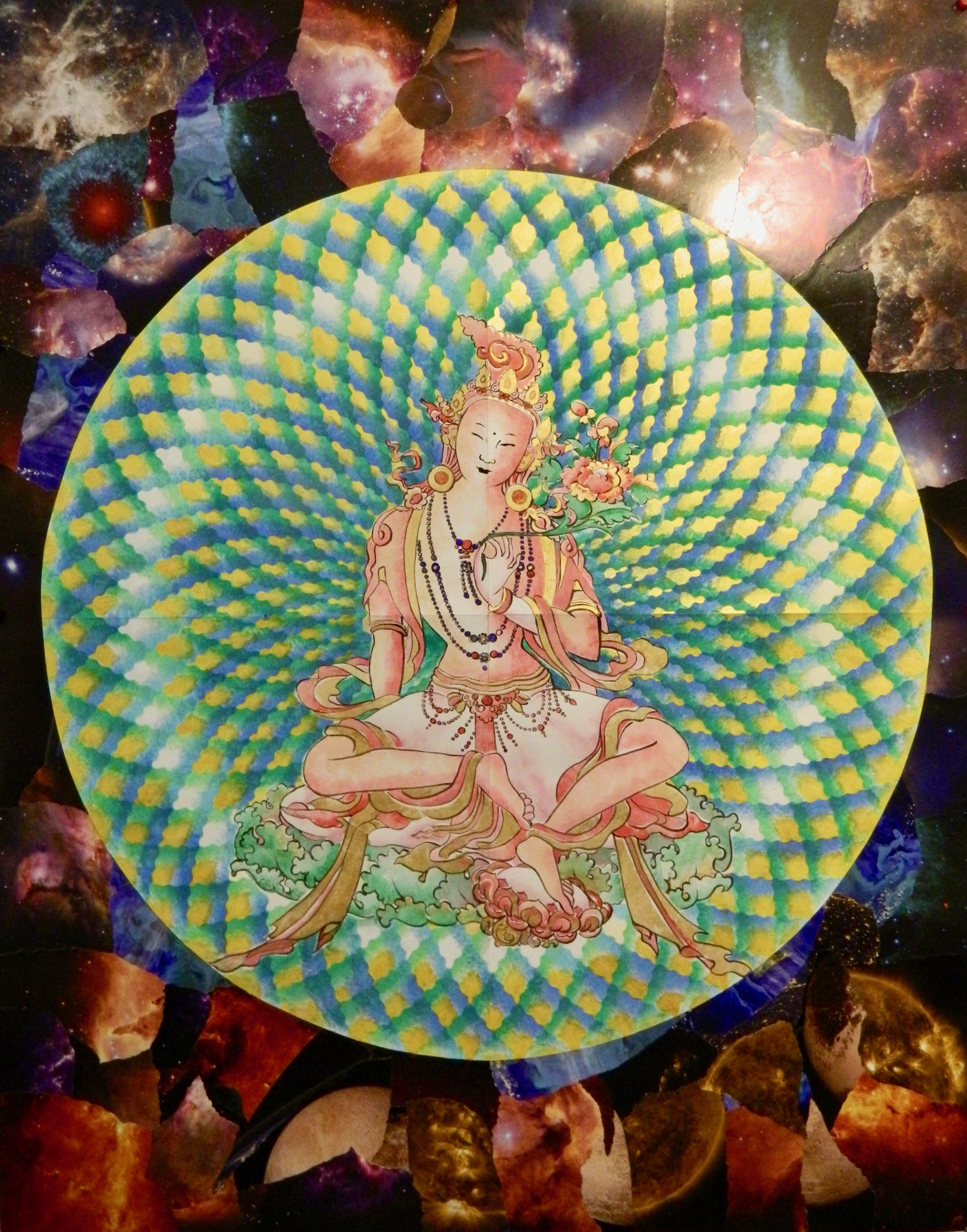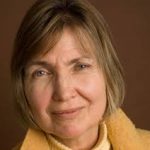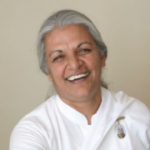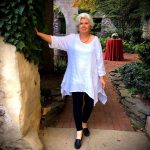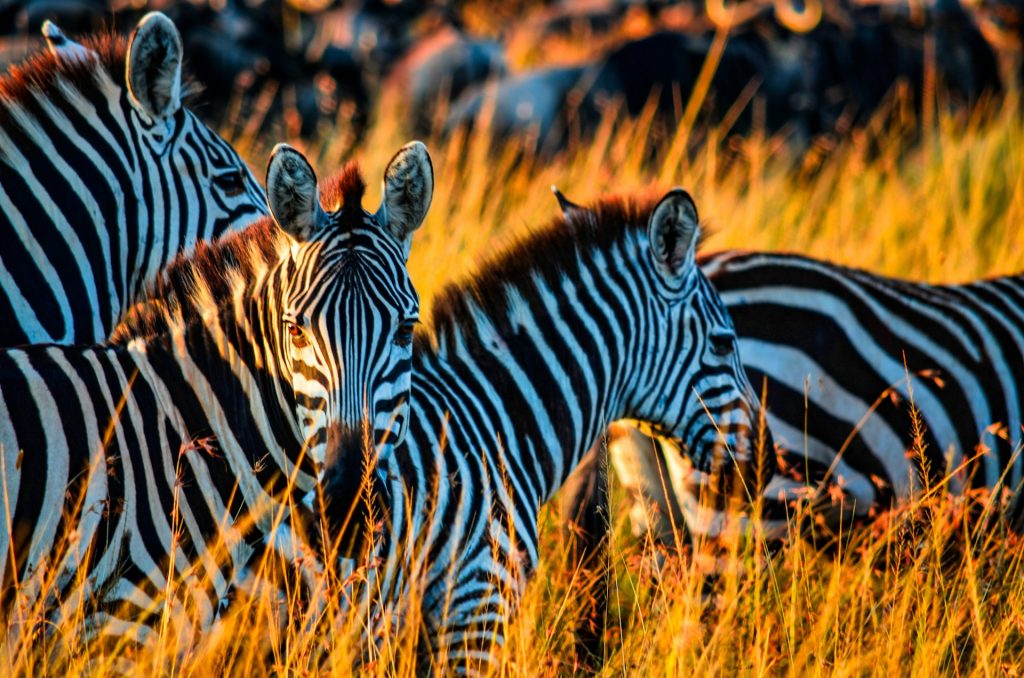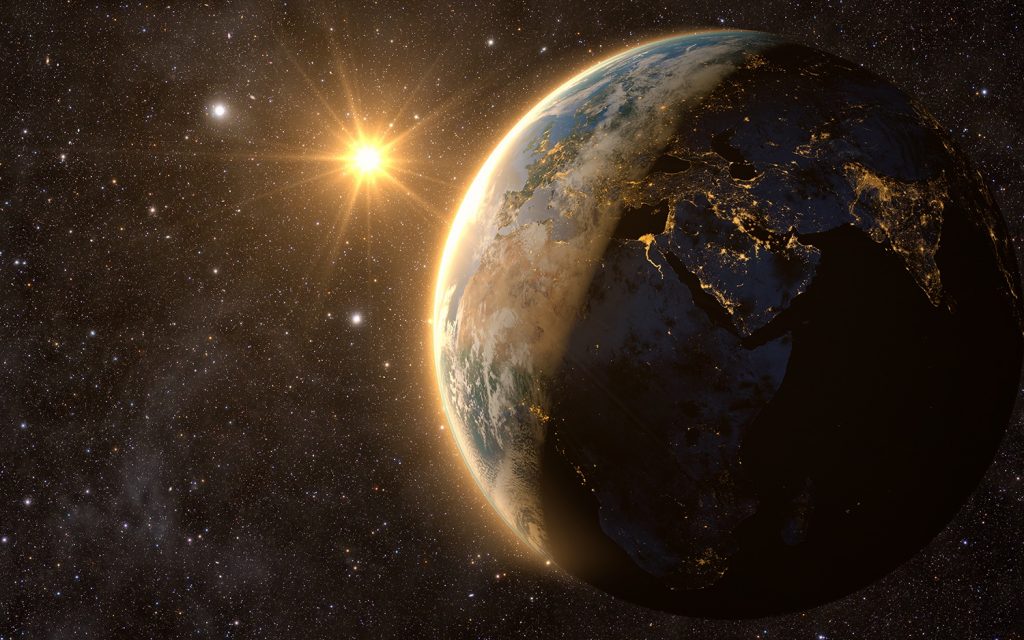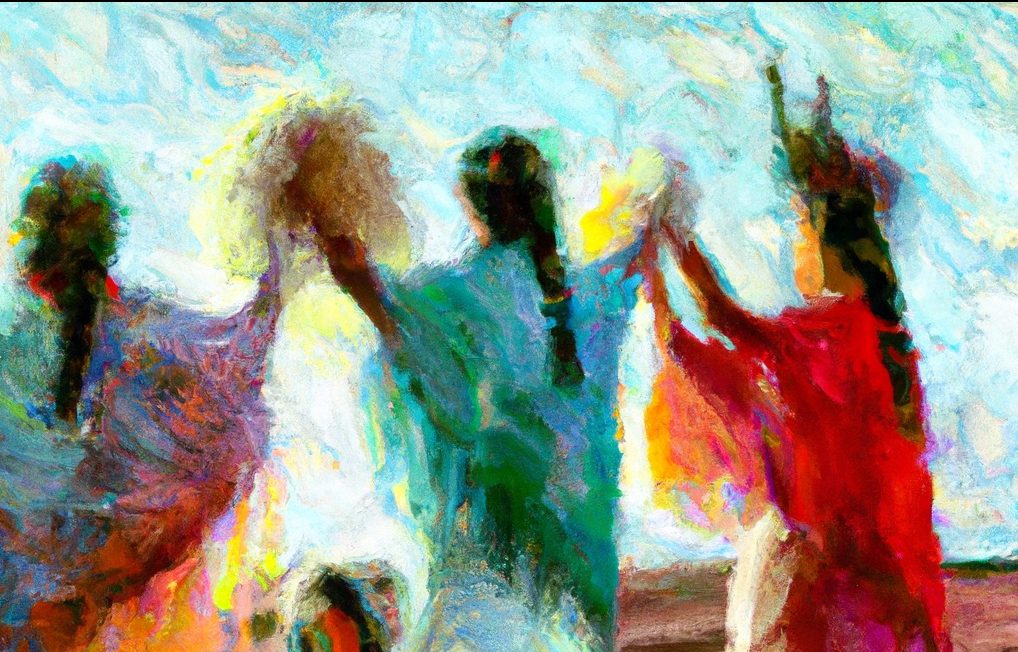On Elevating the Human Narrative
Rhonda Fabian | Kosmos has been sharing about global citizenship for a long time, and I felt that, with this edition, we needed a refresher. Where are we with global citizenship now, in light of the rising nationalism in our world and the converging crises we’re facing – and especially with respect to our global commons, like air, water, and cyberspace?
Two of the most popular search phrases at Kosmos are: “What is a global citizen?” and “How can I become a global citizen?” It’s almost as if people are literally asking, “How do I get a special passport, or how do I get credentials to become a global citizen?” I think some people really think that there should be some official way to self-identify as a global citizen, and, of course, we don’t really have that. So, what can we hang our hat on? What are the practices? What are the values? What are the institutions that support this idea of global citizenship?
Judy Rodgers | All good questions…practices, values, institutions, governance. I think decisions about things like governance or institutions source from our awareness. We can’t build something if it’s outside the scope of our awareness. We can’t design a true commons if we’re in a very limited consciousness.
I think, from an awareness perspective, if we believe we’re spiritual beings—and for those who are monotheists, children of one father, one mother, one parent, one great spirit—then from that ground, the whole boundary notion becomes superfluous. That’s the ground that has to be explored in order to get to good answers on institutional solutions or governance solutions.
One of the problems that we have, has to do with our notions of ‘what is mine.’ If we are absorbed—and I think in the U.S., we are in the worst moment in terms of this—by ‘us and them’; outsiders and insiders; those who are welcome and those who aren’t – then we’re at the real nadir of our ability to understand global citizenship.
Part of it is that the man who is in office, who’s doing the clownish acts, was put there by a whole bunch of people, so he’s not alone. He speaks for people who believe that walls and boundaries and inside/outside is the truth. They believe that some people have rights and others don’t. It’s hard to talk someone out of that level of belief. It’s hard to talk someone out of that level of value.
Also, there are well-meaning people whose philanthropy still comes from, “Well, I the endowed one, am going to give you, the unfortunate one, some gift. I’m going to write you a check, or I’m going to do something for you, you poor thing.” Right? I’m congratulating myself on my insider-ness and my fortune, and I’m going to give you some crumbs so that you can feel better about what’s going on. We are so diminished in that mindset. Our hearts are so shrunken by that.
It misses the whole point. There is no ‘outsider.’ If something bad happens to that one, then something dreadful has happened to me. My own neighborhood is sullied by what happened to that one, even my global neighborhood.
So, when you talk about global citizenship, I think it has a lot to do with our attitudes. Gayatri would have talked with you about the spiritual trajectory, I would imagine, this awareness to attitude…If you don’t start with that awareness—that we truly are children of the same parent—then your attitude is bound to be compromised in some way, even if you’re feeling generous-hearted.
So, part of the promise that the UN made around the SDGs was universality, which really said, “It’s not like this generous North is now going to give the poor South the ‘truth.’ We’re going to deliver our wisdom to them so that they can ‘catch up’ with us.” That notion got removed in the SDGs, which was really a step in the right direction. And also we have been working on something with the UN about transformation as a spiritual concept.
Gayatri Naraine | [Kosmos Editor Emeritus] Nancy Roof was at one of those UN meetings. Rhonda, did you accompany her?
Rhonda | I was there as well, yes.
Judy | Okay, good. So this notion of transformation—what we’re really talking about is an inner shift. We’re not talking about more blankets delivered, or more water, fewer diseases, more vaccines. That’s not the metric anymore. You’re talking about the inner shift that allows for so many other things to happen. That’s really what we were trying to do with that conversation, and I think that’s what you’re trying to do with this issue on global citizenship. I think it’s to find new ground. Because as long as we’re only about social actions, we’re just really rearranging the deck chairs on the Titanic. We’re not getting at anything that’s substantially going to shift anything.
So, it’s very difficult! I mean, it sounds easy to say well, “Let’s all just be brothers.” That sounds like the obvious solution, right? I don’t think it’s so easy. I don’t think it’s so easy to think of ourselves as spiritual beings, and I don’t think it’s so easy to really experience a God that truly sees each one as his precious child. But if you really feel that affinity, then that love and respect would drive everything. It would drive your practice. It would drive your values. It would drive your institutional construction. It would drive your governance. That’s transformational.
I think that’s the experience we all need. I think people tend to have that experience or some version of it when they get some kind of a wake-up call; they have a near-death experience or do something heroic. There’s lots and lots and lots of stories of people who—in certain moments—all the limitations fall away, and that vision that’s living somewhere inside of us emerges. We do something beautiful, morally beautiful, as a natural act without any preparation. The better part of us comes forward, and we do this thing, and what we find in almost every case, is that afterward, people say, “Oh, it wasn’t me. I didn’t really do it. Anybody would have done that.”
Rhonda | I think we, as a humanity, are at such a moment right now. The future hangs on our morally beautiful decisions. Everything is ripening for us to wake up—to act. My teacher, Thich Nhat Hanh, always said that the first step in waking-up is actually to stop. The first step is stopping in order to see what is real, what is going on around us. This is the kind of moment we seem to be in what the Tao calls the ‘still point,’ where one can see the infinite.
Gayatri, this is a question for you. What brought you to this edge, this still point? How has the meaning of the term ‘global citizen’ changed for you as a result of your work and all you have learned?
Gayatri | I first encountered the term ‘global citizen’ when we had the Earth Summit in Rio. I think it was in 1992. It was a time when the world was focused on the environment—not just politicians and environmentalists, but artists and performers who brought the whole concept of a living Earth to people’s hearts. The Wisdom Keepers came in, representing the different faiths, and the indigenous perspective, and, of course, the UN. You had to move out of your national identity because now you were looking at trans-border consequences. Like when a butterfly flaps its wings in one part of the world, there is a shift in another part of the world—those kinds of consequences.
I left Rio really convinced ‘I am a global citizen.’ A global citizen meant that you never looked at something in a piecemeal fashion. You always had to look at it, as far as you could see it, from a holistic perspective. It meant everyone had to come together. And then a few years later, I was at the UN listening to a head of state from Africa speak, and he opened his comments by saying, “Yes, we are interdependent. We are interconnected, but don’t touch my resources—they belong to my country.”
Artwork by Kosmos Member Noelle Imparato
“These images are inspired by the torus, a mathematical model shaped like a doughnut with a small hole at its center functioning as an axis along which fields of energy irradiate and get re-integrated in the compiling complexity of a double vortex that becomes extremely intricate as it builds onto itself layer upon layer ad infinitum. I see the torus as a mythic symbol for the interconnectedness of all life on the planet, and more specifically for the interconnectedness of all citizens of all Nations on the planet.”
So, I think from then on, this whole utopian idea, this whole kind of purity of intention in relation to our home planet, our common habitat, and all of those beautiful concepts that were used to describe ‘one world’ or the environment, got politicized for me. The divisions once again started taking precedence over the whole. I suddenly had an aversion to the word ‘citizenship’ because citizenship meant that you had to have a visa. You had to be legal. And in many countries, there were refugees coming in, and what are they?
Now, I have started understanding global citizenship from the perspective of the environment that we live in and the responsibility that the environment is asking of us, of all citizens—of the world’s citizens, not political citizens, but the world’s citizens—to change habits, to change behaviors.
You can call us global citizens or you call us a human beings. A human being is closest to what a global citizen is.
If I have that elevated consciousness, then I’m looking at all peoples of the world as a human family. I think that is where I am in terms of my thinking. I started off on high ground, and I went through a dark phase of not having faith. And now I’m back, seeing through the lens of a human being with a fuller consciousness that can bring benefit to what I see in others.
Rhonda | Thank you. That’s beautiful. I believe many of us are seeking to operate from that vantage point of elevated consciousness so we can see over the fence at what’s ahead. It’s good to love the place you come from, your heritage, but to keep in mind always that there’s a big world out there. Learn as much as you can about the things that affect people—whether it’s climate or disparity or conflict—and how they drive the migration of people, (and let’s not forget the migration of animals). Then, your actions are informed by greater understanding, and you can work effectively locally, whether you’re restoring soil, or taking care of your watershed or helping your community or children, or whatever it is that you choose to do, knowing your actions also benefit the Earth. Every hopeful action and every hopeful story helps. Do you agree?
Judy | Yes, I agree. I helped found a not-for-profit called Images and Voices of Hope, which works with media in a constructive framework. After the Newtown shootings in 2012, we began work on a new genre called ‘restorative narrative’. The idea is that no matter what has happened, no matter how traumatic or disturbing or disruptive, that the drive for resilience is fundamental in human nature all around the world. We are more resilient than not. Based on a resiliency index that the psychology community uses, between 75 and 80 percent of people will fundamentally get knocked down by difficult things, but will come back.
So, the idea with restorative narratives is to tell stories in ways that allow people to see that we’re not falling apart. It’s not just one dreadful thing, after another dreadful thing, after another. The drive for Life is stronger than these other forces. There’s also quite a bit of research on post-traumatic growth; that after traumatizing events, in the struggle to get well, there’s quite a bit of growth. People become better than they were, more tenacious, and gifts that they didn’t see before emerge.
All media play a role in this. If you amplify stories of separation and breakdown, even in your social media feeds, then the story gets harder to overcome. Eco-theologian Thomas Berry said the world needs a new story, and I feel like part of this global citizen conversation has to do with the creation of a really life-giving story. I think it’s going to have to take place in the middle of breakdown, because that’s what we have.
It’s not like we’re going to wait for all the bad things to be over, then build a resilient world. The resilience happens right in the middle of all of the heartbreak.
At Images and Voices of Hope, we are hiring coaches right now. We’ve gotten a grant from the Fetzer Institute to coach journalists and media people in different cities to write restorative narratives and we’ve got a guidebook coming online to explain how to do it. The research is very solid. The idea is to understand we are not at a place of being broken but at a place of being fundamentally resilient.
Rhonda | It’s so important, this idea we are resilient in the midst of the crisis as opposed to something that happens later. What strikes me is how we need these stories on a planetary scale. Starting anew is not something that we have to wait for. We can build the new world our hearts envision today, without anyone’s permission.
Judy | The last time we did a summit was right before the peace referendum, four or five months before. So, we had people from Columbia come in and talk about the story that was getting generated around the peace referendum and about hope on both sides of the equation.
Those of us who are in this big sector—whatever we call it, this big do-good-not-for-profit-sector we all work in—used to say, “Well, we have to do such and such to save the world.” That was always the line. “We have to sign up for this, or do that, or volunteer for this, so we can save the world.” At some point, I found myself thinking, what if it’s too late? What if these scientists are right—we’ve passed the threshold. What if it was too late to save the world?
We’d have to do it anyway because it’s the right thing to do. And because that’s who we are. You get out of bed every morning, and you do the best you can; you do the constructive act. And if it’s too late, you do it anyway because it brings benefit to you and the people around you. So, I feel like we have to improve ourselves beyond the outcome.
Rhonda | One thing we can do is to connect deeply with the story of our living Earth on a daily basis. This alone helps to elevate our consciousness, right? The more we can work on behalf of Life where we live, the more we build community, the more we build a practice of global citizenship. It is not just a set of platitudes or a list of institutions. It is not just a mindset (although that matters). It is actual practice—practices that bring us closer each day to the reality of our interbeing.
Thank you both for your insights.


